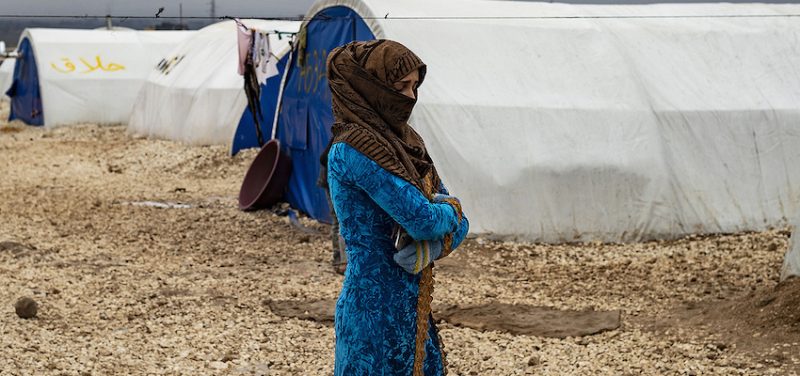New UN body’s peace quest

Global religious leaders are to urge their faith communities to work together to tackle the causes of forced displacement by promoting peace-building, conflict prevention, inclusion and social cohesion.
The commitments came during the inaugural meeting of the Multi-Religious Council of Leaders – a 20-strong body set by the UNHCR (the refugee agency of the United Nations) – which took place on Wednesday 14 March.
‘The call to ‘welcome the stranger,’ through protection, compassion, care and hospitality, is deeply rooted in all religions,’ commented UN High Commissioner for Refugees Filippo Grandi.
‘As wars, conflict and persecution continue to force people to flee their homes, we seek the support of faith leaders and their communities. They are key in not only standing with and supporting refugees during their displacement, but in addressing the root causes that gave rise to their flight.’
Pledge to help
Among the commitments made by faith representatives – including the Anglican and Catholic churches – was a pledge to help refugees and internally displaced people integrate into the communities where they work, and provide them with greater access to education, housing and mental health services.
The newly formed Council will also focus on promoting the inclusion of forcibly displaced women in peace-building efforts, and seeking the protection of vulnerable groups, particularly those at risk of gender-based violence.
‘If religious leaders use their platforms to promote language that supports protecting, welcoming and integrating, it will raise awareness in communities of the moral obligation to welcome and protect,’ said Archbishop Buti Tlhagale of Johannesburg.
The Council members’ mandate extends until the second Global Refugee Forum in 2023, where they will present their achievements and seek further commitments to action from a wider range of institutions.
